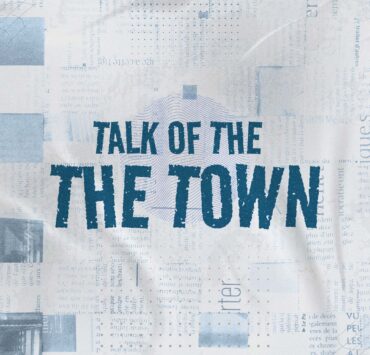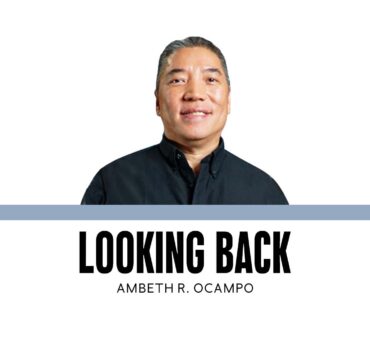In defense of ethics

The recent recommendation of the Department of Education to remove supposedly redundant general education (GE) courses in the higher education and simply “add” these to the basic education curriculum begs, yet again, a more fundamental reflection on the nature of education.
In the 1987 Constitution, education is described not only as a state priority but also a holistic process of shaping citizens to meet national objectives. Article 2 Section 17, under State Policies, explains that education aims to “foster patriotism and nationalism, accelerate social progress, and promote total human liberation and development.” These goals can be achieved through a balanced or holistic educational process informed both by science and technology, on the one hand, and arts, culture, and sports, on the other. In other words, the kind of education our very own Constitution has supposedly set as a framework, especially for university education, preemptively opposes a one-dimensional, specialized training that disproportionately favors one form of science—say the “hard” or natural sciences—over another form—say the humanities and social sciences. After all, objectives like social progress, nationalism, and human liberation require a transdisciplinary effort to not only push for societal development but also animate this development with a living soul or spirit. To disproportionately favor one form of science over the other betrays a philosophy of education that is alienated from what is constitutionally provided.
The claim that GE courses, like art appreciation, the contemporary world, and ethics, are redundant as they are supposedly already covered by basic education courses, speaks of the Education Department’s weak intellectual grasp of these courses. For instance, the Union of Societies and Associations of Philosophies in the Philippines (USAPP) has released a position letter regarding the matter of removing ethics in higher education. The group argued how the education department ambiguously uses philosophy in basic education which consequently confuses it with good manners and right conduct (GMRC) and values education (VE) subjects. Beyond the perennial yet brutal truth of the need to retool basic education teachers and administrators on the rigor and discipline of philosophizing, USAPP went on to helpfully distinguish GMRC-VE from ethics. The latter primarily functions not only to teach students to obey but also to engage them to do “moral reasoning, critical analysis of ethical frameworks, and applied reflection of moral dilemmas,” intellectual exercises that require a “capacity appropriate to the cognitive maturity of university students.”
Beyond its intellectual and academic nature, ethics is an age-old discipline whose consequences reach beyond the enclosures of workplaces and the demands of the market, for it fundamentally discourses an equally age-old question of what the good life is. The good life in the individual as well as collective levels. This good life is precariously searched for amidst the shocks brought by the fast-paced development of digital technologies where the young are rendered impotent to discriminate the right from the wrong within the omnipresence of (dis)information; or amidst the incessant push towards postmodern relativism which brings the youth at the brink of despair and nihilism; or finally amidst the continuous, if not aggressive, disintegration of the collectivist spirit in the previous decades which equally deprives everyone sites for meaning-making found in more solidary forms of organization. Ethics helpfully guides in the pursuit of the good life, especially amidst today’s contradictions and ironies.
As it was then in the time of Socrates, ethics today helps in the search for meaning and in allowing one to truly know oneself, in order to live the good life. Yet beyond the usefulness of ethics in the individual and private pursuits, it is all the more needed in the public sphere, especially in a society whose ethics is beleaguered by so many contemporary societal evils: patronage politics, historical distortions, corruption, demagoguery, and many more. USAPP has correctly emphasized the relation between ethics and democracy. While democracy could continue with its business without ethics and would still exercise itself as the rule of the majority, but if such a majority is misinformed by the most nefarious and unethical agenda, we have the same democracy which many philosophers of the past have regarded as perverted or decadent. In the face of political and cultural decadence, the Education Department must not see itself simply as functionaries of curricular reform but as educators who play a crucial role in aligning education to serve the needs of a beleaguered democracy. This, perhaps, is what the Constitution means by an education that promotes for total human liberation and development.
—————-
Regletto Aldrich Imbong is an associate professor at the University of the Philippines Cebu and president of All UP Academic Employees Union Cebu Chapter.

















